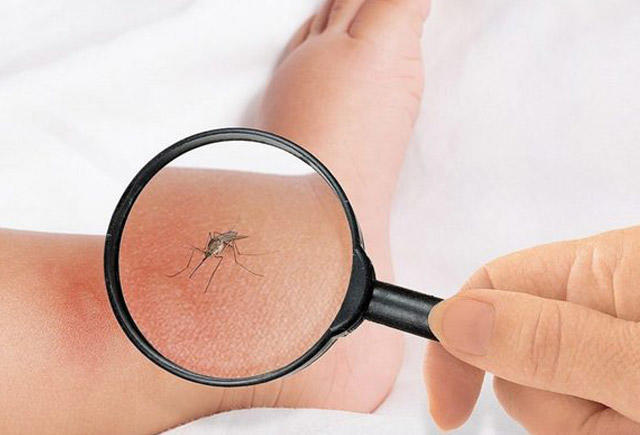Sterile Insect Technique presents new opportunities to control chikungunya, dengue, and Zika says WHO.
Axar.az reports citing AA that the World Health Organization (WHO) will soon begin using a technique that sterilizes male mosquitoes as part of global efforts to control pest-born diseases, the UN organization said.
"Half the world's population is now at risk of dengue," said Dr. Soumya Swaminathan, WHO's chief scientist.
"We desperately need new approaches, and this initiative is both promising and exciting," she said.
Cases of dengue, a tropical disease spread by mosquitos, have reached 110 countries in recent years, with WHO estimates predicting hundreds of thousands of new cases may bring the global total beyond 3.5-4 million, said WHO at a UN press conference.
The organization plans to begin using the Sterile Insect Technique (SIT) -- first developed by the U.S. Department of Agriculture as a form of insect birth control against pests that damage crop yields, and holds promise as a way to prevent diseases like Dengue, chikungunya, and Zika.
SIT has been used successfully to target insect pests that attack crops and livestock, such as the Mediterranean fruit fly and the New World screwworm fly. It is currently used globally in agriculture on six continents.
The process involves rearing large quantities of sterilized male mosquitoes in dedicated facilities and then releasing them to mate with females in the wild.
As they do not produce offspring, the insect population declines over time.
The Special Programme for Research and Training in Tropical Diseases, the International Atomic Energy Agency (IAEA), developed a test guidance document in partnership with WHO and the UN's Food and Agriculture Organization (FAO).
Diseases transmitted by mosquitoes such as malaria, dengue, Zika, chikungunya, and yellow fever account for roughly 17% of all infectious diseases globally, claiming more than 700,000 lives each year, and inflicting suffering on many more.





















































